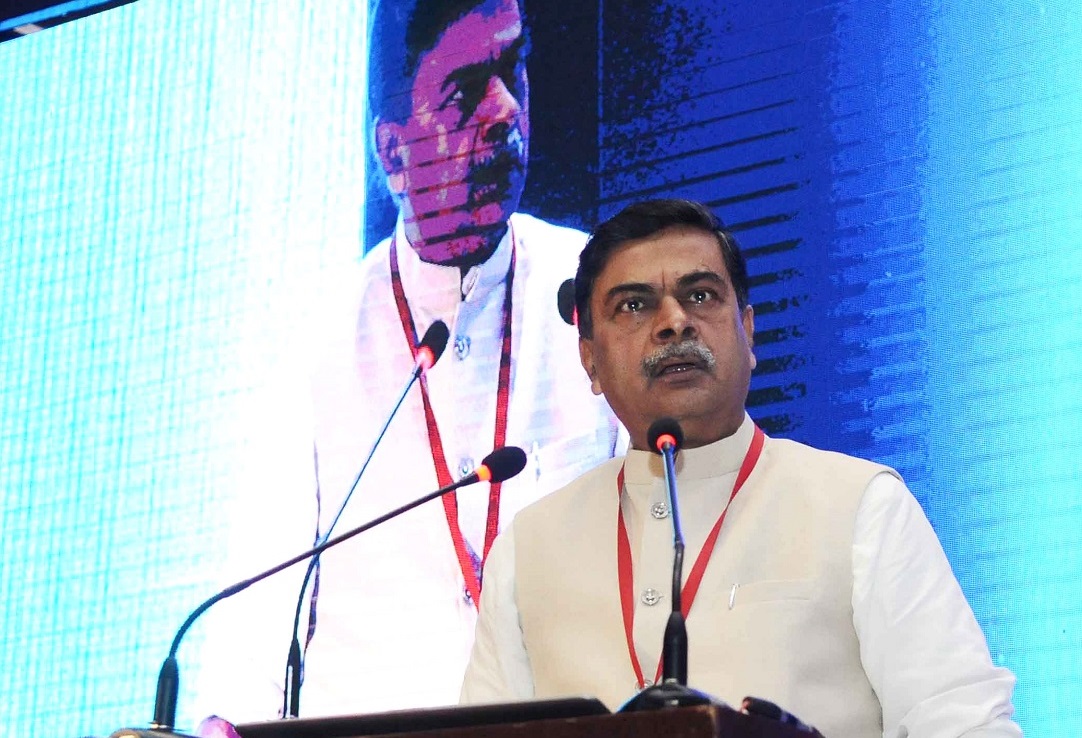Since April 1, 2015, 15,183 Indian villages have been electrified and 1,052 villages have been found uninhabited under the government’s rural electrification scheme, Deen Dayal Upadhyaya Gram Jyoti Yojana (DDUGJY), out of a total 18,452 un-electrified villages in the country, says Raj Kumar Singh, Minister of State for Power and New & Renewable Energy (MoP; MNRE).
The remaining un-electrified villages are set to be electrified by May 1, 2018, he adds as part of a written reply to a question posed in Rajya Sabha, the upper assembly of the parliament of India.
Based on the data collected from States/Union Territories (UT), Singh says that 14,528 villages have been electrified during the past three financial years.
A subsidy of INR 158.4 billion (US$2.47 billion) and free electricity connections to 4,441 thousand BPL households have also been granted under the DDUGJY scheme in this time.
Electricity generation and its distribution to consumers, including poor villagers, is primarily the responsibility of the respective State Government/ Distribution utility. In several states, such as Rajasthan, Punjab, Odisha, Gujarat, Chhattisgarh, electricity supply to BPL consumers is at comparatively lower tariff, Singh continues.
With the overall aim of electrifying every village in India, the Indian Government had launched the Saubhagya- Power for all scheme this year. It released INR 16,320 crore ($2.45 billion) for the scheme, which also includes several solar-based installations across villages.
This content is protected by copyright and may not be reused. If you want to cooperate with us and would like to reuse some of our content, please contact: editors@pv-magazine.com.








By submitting this form you agree to pv magazine using your data for the purposes of publishing your comment.
Your personal data will only be disclosed or otherwise transmitted to third parties for the purposes of spam filtering or if this is necessary for technical maintenance of the website. Any other transfer to third parties will not take place unless this is justified on the basis of applicable data protection regulations or if pv magazine is legally obliged to do so.
You may revoke this consent at any time with effect for the future, in which case your personal data will be deleted immediately. Otherwise, your data will be deleted if pv magazine has processed your request or the purpose of data storage is fulfilled.
Further information on data privacy can be found in our Data Protection Policy.